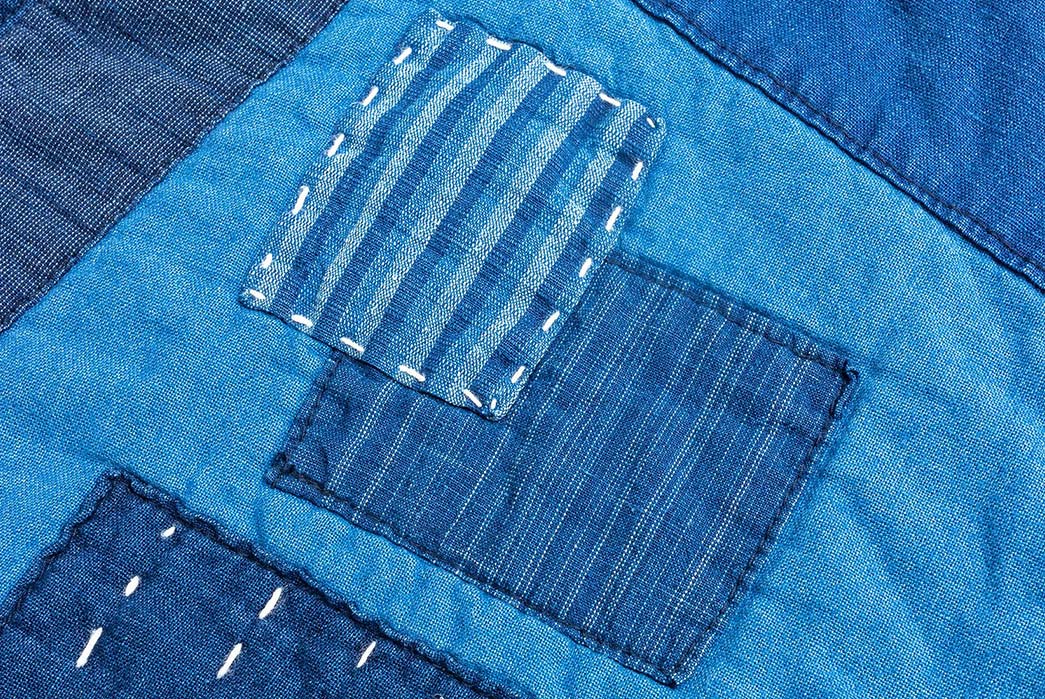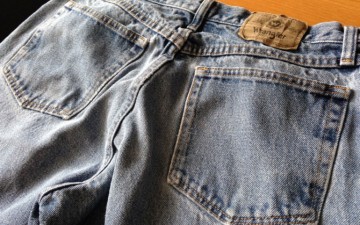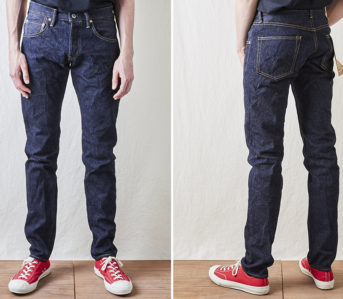As mentioned in my previous piece, this isn’t our usual subject matter, but the roles of slavery, segregation, and police violence are inextricable from that of clothing production and labor rights in the United States.
Ending racist police brutality is a non partisan issue, and I do a lot of work on criminal justice and given its recent prominence and our platform here, I would be remiss if I didn’t share some of what I’ve learned.
You might have heard a lot of talk the past week about “Qualified Immunity” (QI) in regards to police policy, but not a lot of explanation of what it entails. For me, it’s especially important because there’s a bill here in Colorado that’s set to end the practice along with enforcing several other critical policies for law enforcement accountability and oversight. (If you’re in Colorado, call your reps and tell them to support SB-217!)
This is the first time I’ve ever heard the discussion of QI outside of wonky policy meetings, and it’s kind of a difficult concept so I’m going to explain what it means and why removing it is so important.
QI means that a police officer can’t be sued as an individual for damages they cause while performing their duties. They are immune from lawsuits and the government/taxpayers that employ the officer have to pay instead.
Civil vs. Criminal Cases
So legal 101: there are typically two court cases in the resolution of any major crime—one criminal and one civil.
The criminal side is what deals with specific criminal charges (misdemeanor assault, DUI, felony drug possession, etc.), these charges can only be pursued by a government appointed prosecutor, and only found guilty by a jury of one’s peers. The civil side is about making the victim monetarily whole from the financial effects of the crime, this is handled by private attorneys for hire, and can be decided by a judge or a jury depending on the case.
The highest profile example of these dual cases for the same event was the OJ Simpson trial. OJ was found not guilty of the murders in the criminal trial, but in the civil trial that followed he was found to be financially liable for the deaths and had to pay restitution to the families.
Qualified Immunity and Police Brutality
So how does this work with police brutality? Say you’re a photojournalist covering peaceful protest and a police officer unlawfully shoots you in the face with a rubber bullet, blinding you in one eye.
Like what happened in Minneapolis last week.
On the criminal side, the DA for that district could charge the officer with felony Assault with a Deadly Weapon. But as we talked about before, DA’s almost never prosecute police officers because they need police cooperation to provide testimony and evidence to win their cases. So no charges for the officer, criminal case over.
Civilly, you still need to address the financial harm the officer did to you for expenses related to your medical bills, pain and suffering, lost work (photography is much harder with one eye).
So you hire an attorney who hopefully works on contingency and you try to sue the officer who shot you for damages. Because of Qualified Immunity, however, you can’t legally sue them so you have to sue the city instead. If you win or get a settlement, your payout comes from the taxpayers, not the officer that pulled the trigger.
(The city of New York paid out $230 million in police misconduct settlements in 2019.)
Maybe the officer will have a disciplinary action (paid leave, reassignment) but police unions have made it nearly impossible to fire cops with multiple flagrant violations (George Floyd’s killer had 17). And even if they do get fired, police departments rehire about 30% of the officers they terminate.
How Will Ending QI Help?
If our police departments will not fire them, and our district attorneys will not prosecute them, ending Qualified Immunity would at least make abusive police liable for their actions in civil courts. Y’know like every other job. If your dentist took your eye out (even unintentionally), you’d be able to sue them—why not cops?
The police are obviously opposed to such reforms because it would mean they’d have to foot the bill for their actions, not the rest of us. But this about far more than the money as a taxpayer. Making police personally liable would hopefully make them reconsider every unlawful chokehold, baton strike, or bullet fired as something they would have to pay for.
You might say, “Won’t this necessitate some sort of police insurance and make it more difficult for people to become cops?” To which I would say YES and GOOD! If you’re a driver that causes lots of accidents, your insurance costs go up and up and up until you can’t pay them and have to take the bus. Such a system could weed out the most abusive officers who would be “too expensive” (too violent) to keep on the force.
So ending QI is incredibly important, and I hope you encourage your elected officials to end its practice.
And remember:
- Wear a mask
- Drink more water
- Film the cops
- Don’t post identifiable pics of protestors
- Call your reps
- and Black Lives Matter
(FYI we should get rid of abusive police because they’re abusive, not because they’re expensive, but hey gotta play by the rules of the capitalist game we’re in!)







